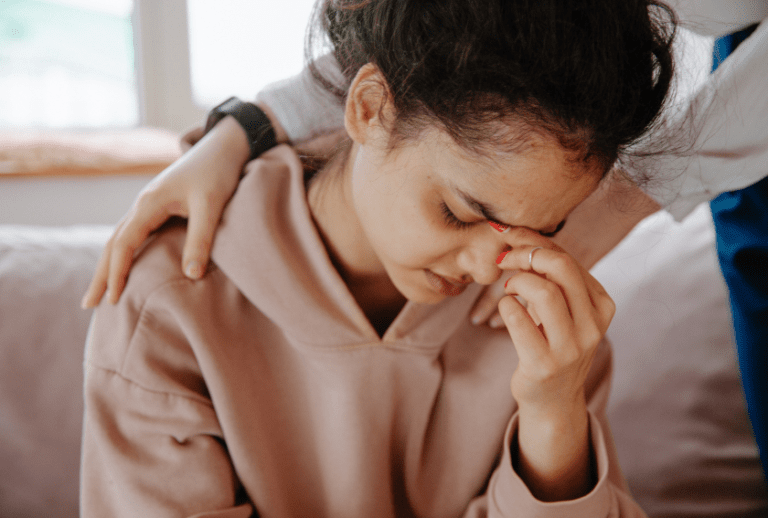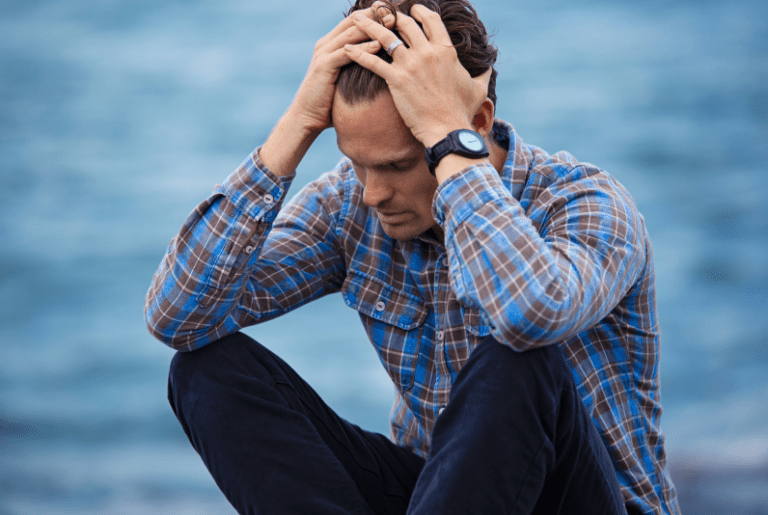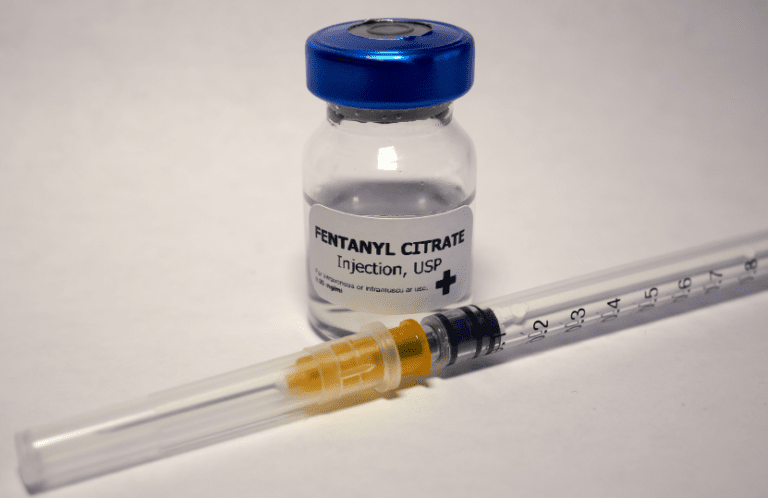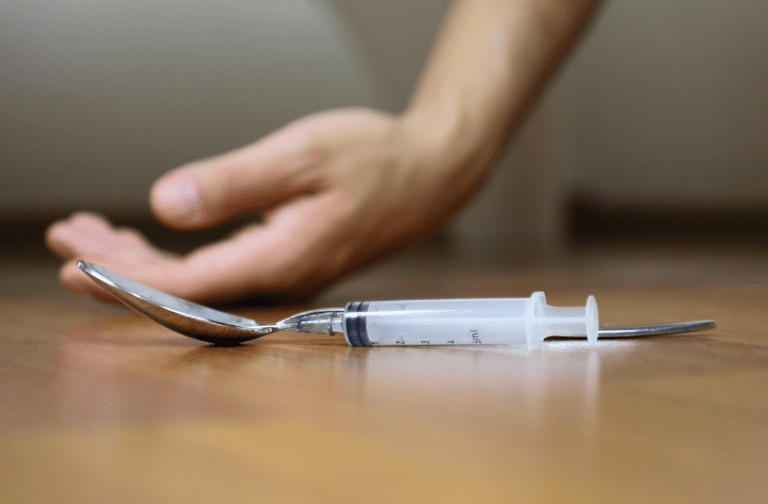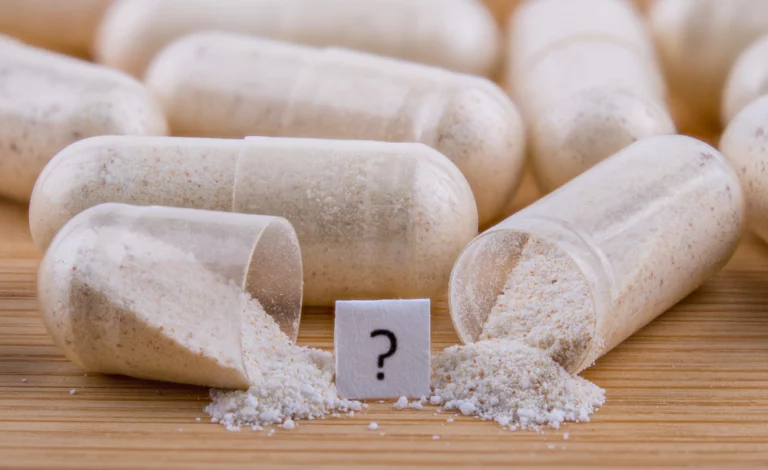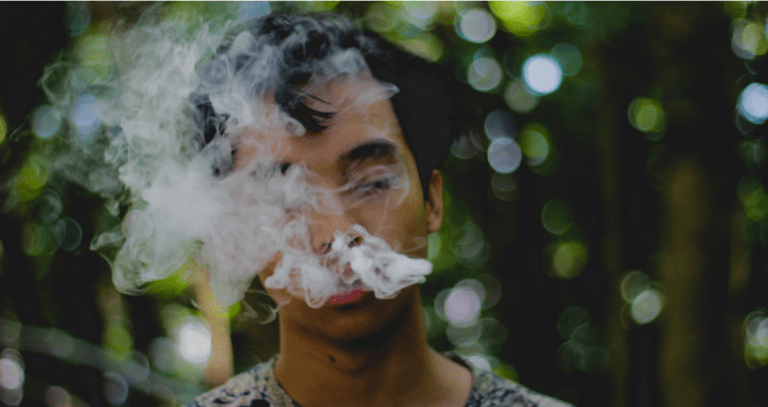Ecstasy Abuse within the LGBTQ+ Community
There are many stereotypes about members of LGBTQ+, gay, and queer communities. Overall, the LGBTQ+ community is not more likely to engage in drug abuse than heterosexual people. Because those who identify as LGBTQ+ are more likely to face bullying, discrimination, bigotry, prejudice, as well as being a target for hate crimes, there is an increased likelihood of mental health issues in the LGBTQ+ community. Studies indicate that mental health has a direct correlation with an increase in substance abuse.
Ecstasy (MDMA) is a drug that is often associated with the club scene and sexual situations. Ecstasy has a reputation of increasing the enjoyment of sexual acts as well as putting people in a state of mind where they are more likely to lower their inhibitions and act in ways that are promiscuous.
A History of Misinformation about the LGBTQ+ Community
Drug use is higher among the LGBTQ+ community. The big question is why this is the case. The answer, in many instances, seems to be the result of societal stigma against members of this community that results in turning to substance abuse as a coping mechanism.
The rates of smoking and vaping are higher among members of the queer community. This is also true about the rate of marijuana use and other substances including alcohol. Some might argue that this is a chicken-egg question. Which came first? The reality is that pressures to conform to societal norms cause immense pressure on adolescents and young adults. These pressures carry forward into adulthood. Mental health issues are well-known to be comorbid with substance abuse disorders (SUDs). The rate of suicide is staggering for those in the LGBTQ+ community. It’s significant and horrific to note that this includes children of a very young age.
Another problem with the data is that much like mental studies across the board, the focus is often on men first. Much of the early data on drug use and abuse in the queer community focuses specifically on gay men. Gay men are not representative of the LGBTQ+ community or overall behaviors of this group. Studies that use gay men as a way to make broader claims about the overall queer community make the same historical mistake as studies that focus on heterosexual men to make sweeping statements about society at large.
Mental Health and the LGBTQ+ Community
Mental health issues are a huge problem in the LGBTQ+ community. Those who identify as queer, nonbinary, genderqueer, trans, or related terms indicating they are not heterosexual or cisgender, are often subjected to poor treatment by mainstream society.
Discrimination or stigmatization based on sexual orientation is common. Members of the queer community face emotional abuse, threats, public humiliation, and hate crimes often beginning at an early age. Both those who remain “closeted” and those who are “out” or publicly share their identity or otherwise make themselves appear nonconforming are at risk for increased mental health issues. Being in any way different in society puts a person at risk for rejection by family and friends and the potential for lack of employment or loss of employment.
The result of constant assaults on a person’s identity is extremely taxing. As a result, those in the LGBTQ+ community have a higher risk of mental health disorders including anxiety and depression. The rates of Self-harm and suicide are higher among those in the queer community and awareness is imperative due to the elevated level of risk.
Substance Abuse in the Queer Community
Studies are inconsistent and less comprehensive. That being said, there is data to show that some of those who identify as members of the LGBTQ+ community abuse drugs and alcohol more frequently than those who identify as heterosexual.
Examples include:
- Gay and trans individuals smoke cigarettes and vape up to 200% more than those who identify as heterosexual
- Up to 25% of the queer community is believed to have issues surrounding alcohol use
- Gay men are more than three times as likely to use marijuana
- Members of the LBGTQ+ community are more than 12 times more likely to use amphetamines
- Members of the LBGTQ+ community are almost 10 times as likely to use opiates
Who Abuses Ecstasy?
Studies have shown that individuals most likely to abuse ecstasy are young, less educated, go to bars and clubs more frequently, engage in more “one night stands”, are more likely to have unprotected sex, are more likely to be a victim of sexual assault or violence. This group is more at risk for sexually transmitted infections (STIs) as well as other health issues and mental health concerns.
One study focused on parties in the Bay Area hosted by gay and bisexual men. In this particular instance, researchers called attention to the heavy use of drugs. Notably, ecstasy was used by 80% of participants in the study
Other drug use included:
- Ketamine was used by 66% of participants
- Crystal meth was used by 43%
- GHB (known as a date rape drug) was used by 29%
- Viagra (sildenafil) was used by 14%
- Amyl nitrites (known as “poppers”) were used by 12%
Overall, in these Bay Area parties, 53% of the participants used four or more drugs. It’s difficult to believe this is normative behavior and yet many studies present information as if it is unsurprising. The clear evidence is that more studies are needed in order to obtain realistic data.
The use of drugs such as ecstasy (MDMA) and variations such as molly, which is a chemical compound made in a lab that can be made out of a range of substances.
Party drugs have become increasingly dangerous, not unlike opiates, due to the introduction of potent synthetic chemical compounds that are mixed into substances in unpredictable and unregulated quantities. This means that each dose of a substance is a mystery and may not be similar to the potency of another dose. This heavily increases the potential for overdose or overdose fatality.
Drugs that are based on the original concept of ecstasy are intended to cause an extreme sense of euphoria, deep relaxation, and general feelings of intense pleasure. Common side effects include:
- Rapid heartbeat
- High blood pressure
- Blood vessel constriction
- Sweating
These side effects can make it difficult for a person’s body to properly regulate temperature. People do not realize how dangerous this actually is. When the body cannot properly regulate temperature and you are engaged in physical activity such as dancing there is a dramatically increased possibility for negative consequences.
Chemicals in party drugs have been associated with extremely negative reactions including prolonged panic attacks, psychosis, and seizures.
The withdrawal effects from party drugs are known to cause a drop in “happy hormones” resulting in extreme depression. Individuals who abuse party drugs often try to offset these effects by taking other drugs such as benzodiazepines (benzos) which can increase the likelihood of dangerous side effects and fuel the cycle of drug abuse.
Treating Mental Health Disorders and Substance Abuse in the LGBTQ+ Community
Co-occurring disorders are important to keep in mind when treating members of the LGBTQ+ community. Mental health practitioners need to be aware of the increased risks that are posed to members of the queer community and should do their best to provide additional and increase an individual’s safety net to provide the best possible chance of sustained and lasting recovery and to avoid the potential for relapse.
Members of the LGBTQ+ community are more likely to have experienced sexual assault, domestic abuse, or other forms of emotional and physical violence. For these reasons and more, a treatment center that offers gender-specific programs can be beneficial in certain circumstances. For example, lesbians may feel uncomfortable opening up and expressing their personal circumstances in group therapy sessions dominated by men. Keeping that in mind, there are not nearly enough safe spaces in treatment programs and recovery geared towards supporting members of the queer community. It’s essential that more of these spaces are created in order to provide fair accommodations to those who are already at increased risk due to poor treatment in society.
At Oasis Recovery, we welcome everyone regardless of race, sexuality, gender, or creed. Call us today to learn how we can help you or a loved one in overcoming their addiction.




